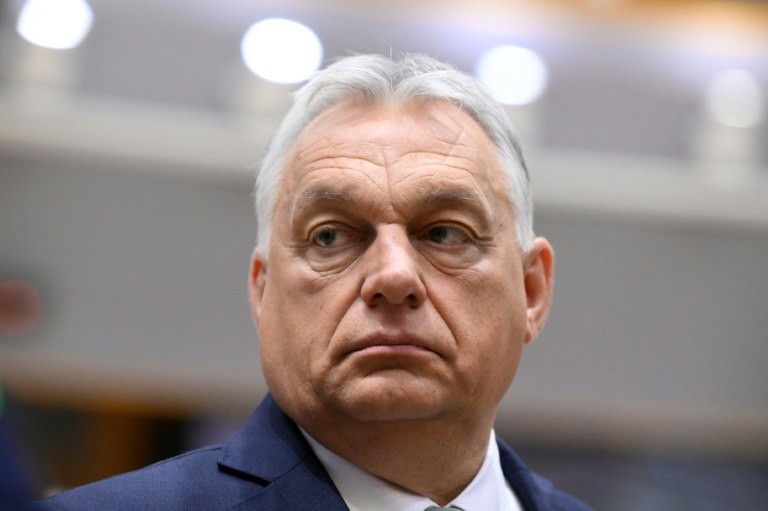In an era of rising political violence, governments in the United States and Europe are taking steps to curb the activities of Antifa, short for 'anti-fascist'.
But while leaders speak of terrorist designations, legal experts stress that most of the moves remain at the stage of announcements or parliamentary motions rather than enforceable laws.
What Is Antifa?
Antifa is not a single group but a loose network of left-wing activists and collectives that has gained prominence in street protests and counter-demonstrations. Researchers describe its model as decentralised, with no central leadership but strong online coordination.
A controversial 2019 study by analyst Eoin Lenihan used social-media mapping to argue that Antifa networks consist of core organisers and wider circles of supporters who amplify radical messages. His work has been criticised for methodology, but subsequent studies have echoed the idea that Antifa operates more like a movement or milieu than a traditional organisation.
This structure, analysts say, enables rapid mobilisation while complicating law-enforcement efforts. Supporters argue Antifa opposes racism and authoritarianism, while critics highlight incidents of property damage, clashes at protests and inflammatory rhetoric that edges into calls for violence.
Trump's Announcement
The United States has taken the lead. On 18 September President Donald Trump announced on Truth Social that he would direct federal agencies to designate Antifa a 'major terrorist organisation'.
The move came days after the assassination of conservative activist Charlie Kirk, which investigators linked to a radicalised individual with ties to left-wing extremism.
Trump's announcement echoes a House resolution already introduced in Congress. H.Res. 26 brands some Antifa conduct as domestic terrorism and urges a formal designation.
Yet legal experts point out that US law does not provide a domestic mechanism equivalent to the State Department's foreign terrorist organisation list.
Any such designation may therefore be largely symbolic, though it signals political intent to treat Antifa as a national-security threat.
European Reactions
The Netherlands and Hungary have quickly followed the American lead at the political level. In September, the Dutch parliament adopted a motion tabled by opposition leader Geert Wilders urging the government to classify Antifa as a terrorist group. The motion passed but has not yet been translated into government policy.
Hungarian Prime Minister Viktor Orbán went further, telling state radio that his government would move to designate Antifa. Orbán, who posted the interview on his X account, framed the group as part of a broader ideological network undermining national security. His remarks suggest Hungary intends to align itself with Washington's hard line, though legal measures remain pending.

A Transnational Effort
If carried out, designations would allow governments to disrupt Antifa's activities through bans on gatherings, asset freezes, closer surveillance and cooperation on intelligence sharing. Advocates say such steps could prevent recruitment, cut off online propaganda and deter violent confrontations.
Yet critics warn that branding a diffuse ideology as terrorism risks stretching legal definitions. In the US, the FBI has previously described Antifa as an 'ideology' rather than an organisation, raising questions over whether a designation could withstand judicial scrutiny.
The Road Ahead
Despite the uncertainties, the announcements mark a coordinated political push. By pressing for terrorist status, the US, Hungary and the Netherlands aim to send a message of zero tolerance toward violent extremism on the left.
Whether those moves translate into enforceable legal tools remains unresolved. For now, the debate highlights a wider struggle in democracies: how to confront political violence without eroding the principles of free expression and protest that governments say they are defending.
Originally published on IBTimes UK
© Copyright IBTimes 2025. All rights reserved.










